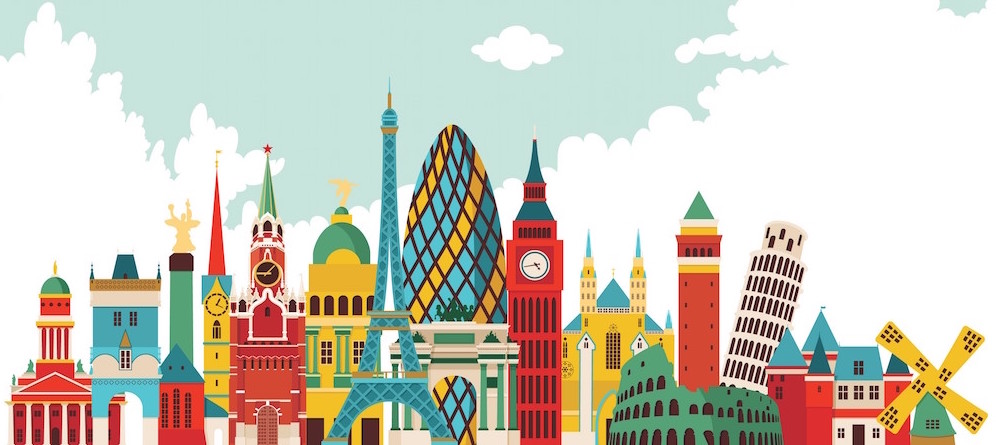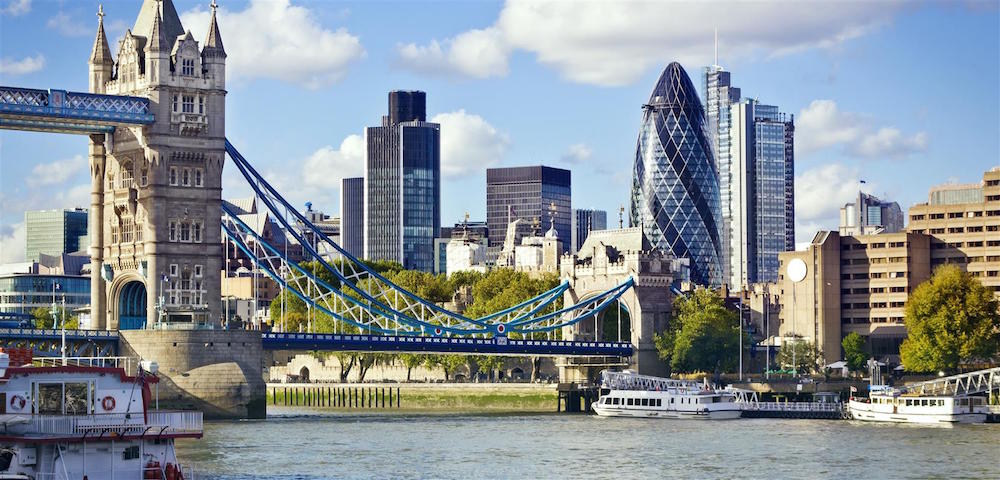This is kind of funny (or tragic, depending on your situation.) We’ve been curating media reports and European Union research, collecting data for our list of the best cities in Europe for expats and techpats.
And of course, things like the availability of housing and beer figure prominently into our calculus.
Unfortunately, we kept turning up alarming data about the worst cities for expats … about how some cities have housing shortages that are literally driving even wealthy people out of the center cities, much less some poor schmuck toiling away at a startup, hoping for a payout at the end. And in some cases, housing costs are literally threatening to send into exile some of Europe’s most successful entrepreneurs.
The irony is, many of these cities and countries claim they’re trying to nurture startup and tech scenes … which is kind of hard to do if entrepreneurs can’t find affordable housing. Or any housing, in the case of cities such as Stockholm.
There are multiple media reports each week about the housing crises in some of Europe’s most desirable cities. We added numbers from Numbeo, the data site that tracks cost of living across the globe, and the Global Financial Centres Index to help you quantify just how expensive some of these cities are.
Finally, cities such as Zurich, Oslo and Copenhagen are more expensive in aggregate after you factor in food, transportation and other costs. But here, we’re looking specifically at housing costs.
• London
Let’s just say it loud and proud … there IS no city in Europe (assuming you think London is in Europe) less welcoming to expats than London. First and foremost, it’s about to leave the European Union precisely because Brits are annoyed with having all the other Europeans around from Poland, Romania and wherever. Skilled migrants … who needs ’em. But if you REALLY want a reason not to live in London, it’s not hard to find – housing.
To buy one square meter in London will cost you more than twice as much as in Stockholm, which itself is insanely expensive … running almost 20,000 euros per square meter to buy a flat in the center of London. The cost of living in London is 6.84-percent higher than in Amsterdam, according to Numbeo, which uses crowd sourcing to compile data.
So, how expensive is London? We’ll, it’s the benchmark city in Europe … and that’s not good. The cost of living is higher than even Zurich and other super-affluent financial centers. London has Second Most Expensive Price per Square Meter to Buy Apartment in City Centre in the World (out of 596 cities), according to Numbeo. See More Price Rankings for London.
(Data based on 9,279 entries in the past 12 months from 1,025 different contributors. Last update: September, 2016)
Numbeo cost of living index 86.05
Global Financial Centres Index: No. 1
Average monthly disposable salary (rent after tax, and converted from pounds to euros) 2,446.81 euros
Beer: About 5.28 euros a bottle
Meal for two at a nice restaurant: 60.46 euros
Rent for a 3-bedroom in the city center: 3,895.46 euros
Buying an apartment in the center of the city per square meter: 18,952 euros
• Stockholm
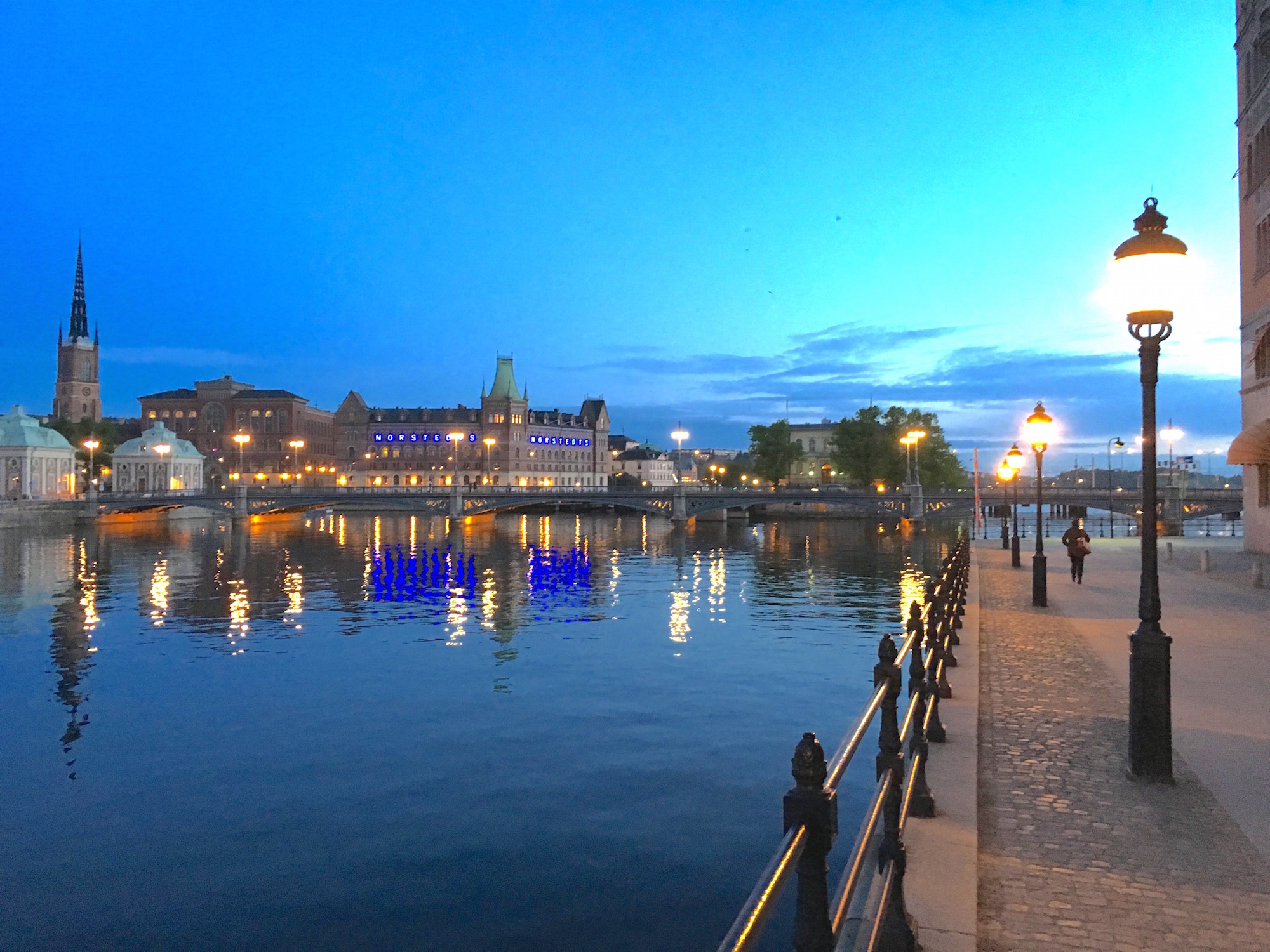 On paper, Sweden looks like the natural place for highly skilled expats, techpats and foreign VCs to head. The country freely hands out long-term residency status to highly skilled workers. It has an entire campaign promoting itself as a great destination for startups.
On paper, Sweden looks like the natural place for highly skilled expats, techpats and foreign VCs to head. The country freely hands out long-term residency status to highly skilled workers. It has an entire campaign promoting itself as a great destination for startups.
Sadly, Stockholm is the beautiful city on the sea where no actual people can afford to live.
Every major media outlet has had multiple posts this year alone about how everyone knows Stockholm is utterly unaffordable, but no one can figure out what to do about it.
Though a lot of reports talk about population pressures on housing, the crisis has nothing to do with skyrocketing birth rates. In Sweden, it’s mostly about people moving around, leaving rural areas for metros. Like most of Europe, Sweden is at or near negative aggregate population growth at .5 percent. It has the 139th fast growing population in the world just one spot ahead of Switzerland. Moreover, more people left the Scandinavian country last year than at any time in the previous 160 years. At least 50,000 people left Sweden during 2015 including foreign-born residents heading home, or to other countries, according to Statistics Sweden.
Last April, the founders of Skype posted on Medium an open letter to Swedish officials threatening to move their company to Silicon Valley if politicians don’t do something about the housing shortage and tax laws.
So why does Stockholm have seemingly intractable housing shortage? Because Swedish tax rules and regulations on buying and selling homes, or building rental units, are so punitive that – surprise! – no private developers are interested.
Most apartment blocks are co-ops, similar to Manhattan. Residents buy the right to live in a unit, rather than owning it outright. And as in New York, co-op restrictions on sub-leasing mean they have no value as rental units. Apartments that are on the market are subject to rent controls and official waiting times are often enormous. The average in Stockholm is a decade while in the most desirable areas top 15 years, according to Financial Times.
From the Financial Times post last week:
In the past decade the population of Stockholm County has increased by 409,000 people — a rise of about 18 per cent. Housing provision has failed to keep up: just 273,750 new homes were built in all of Sweden during the same period. The city’s tightly controlled rental market has ground to a halt: those with leases will not give them up; those without include people prepared to turn to the black market, paying shady third parties substantial bribes to get one, says Billy McCormac, president of the Stockholm Property Association.
The average house price in Stockholm reached about 5.3 million Swedish Kroner (563,000 euros). Apartments in central Stockholm sells for an average 88,344 kroner (9,372 euros) per square meter. So that’s roughly equal to Paris at 9,500 euros per square meter.
(Data based on 4,175 entries in the past 12 months from 353 different contributors. Last update: September, 2016)
Numbeo cost of living index 85.24
Global Financial Centres Index: No. 37
Average monthly disposable salary (rent after tax, and converted from pounds to euros) 3,113.58 euros
Beer: About 2.32 euros a bottle
Meal for two at a nice restaurant: 94.04 euros
Rent for a 3-bedroom in the city center: 2,528.02 euros
Buying an apartment in the center of the city per square meter: 11,778.73 euros
• Amsterdam
Amsterdam is hot to replace post-Brexit London as the financial center of Europe. In fact, they’re No. 1 on our list to do just that because Amsterdam has comparable talent. And yeah, compared to London, Amsterdam is “affordable,” at least for our expat executives inthe C-suites, pulling down 200,000 euros-plus salaries. For the rest of us … sad face.
Several websites including The Dutch News have had headlines recently proclaiming, “Expats starting to steer clear of Amsterdam due to the cost of housing.”
TomTom CEO Harold Goddijn has been quoted saying Dutch companies are struggling to attract international talents because (shades of Stockholm) housing is too expensive, and there aren’t enough international schools. Housing and schools can be “a bottleneck or even be a noose around the neck” for international companies, Goddijn said.
Bloomberg reported back in June that housing prices in Amsterdam surged more than 20 percent in the first quarter of 2016. What most American expats don’t realize is that unlike in the United States, most of the apartments in major European cities are owned by city government, or by non-profit developers who build subsidized housing. In Amsterdam, about half the properties are non-profit social housing corporations who are essentially insulated from market demand. The government does a five-year study and determines there should be more housing, and then and only then more housing gets built. So don’t look for this to change ….
Numbeo cost of living index (benchmark is London at 86.05) 77,77
Global Financial Centres Index: No. 34
Average monthly disposable salary (rent after tax) 2,374.44 euros
Beer: About 4 euros a bottle.
Meal for two at a nice restaurant: 60 euros
Rent for a 3-bedroom in the city center: 2,345.05 euros per month
Buying an apartment in the center of the city per square meter: 5,280.95 euros
• Luxembourg City
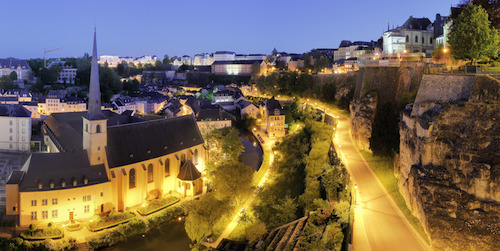 We already looked at little Luxembourg City back in June when we were looking at the cities most likely to replace London as Europe’s post-Brexit financial center. The numbers blew our minds! Unlike the other cities, Luxembourg City doesn’t have a whole lot to offer. No canals. No islands in the Baltic Sea chock full of palaces and fabulous architecture. No world-class restaurants, museums, retail, arts or pretty much anything. It’s just a crazy-expensive little city full of really rich, boring people (and a majority of not-so-rich expats, mostly from Portugal … 16,4 percent of the total population.) Enjoy!
We already looked at little Luxembourg City back in June when we were looking at the cities most likely to replace London as Europe’s post-Brexit financial center. The numbers blew our minds! Unlike the other cities, Luxembourg City doesn’t have a whole lot to offer. No canals. No islands in the Baltic Sea chock full of palaces and fabulous architecture. No world-class restaurants, museums, retail, arts or pretty much anything. It’s just a crazy-expensive little city full of really rich, boring people (and a majority of not-so-rich expats, mostly from Portugal … 16,4 percent of the total population.) Enjoy!
Numbeo cost of living index (benchmark is London at 86.05) 84.89
Global Financial Centres Index: No. 14 (London No. 1)
Average monthly disposable salary (rent after tax): 3,353.33 euros
Beer: About 1.30 euros a bottle.
Meal for two at a nice restaurant: 75 euros
Rent for a 3-bedroom in the city center: 2,308.33 euros per month
Buying an apartment in the center of the city in per square meter: 7,075.33 euros
• Paris
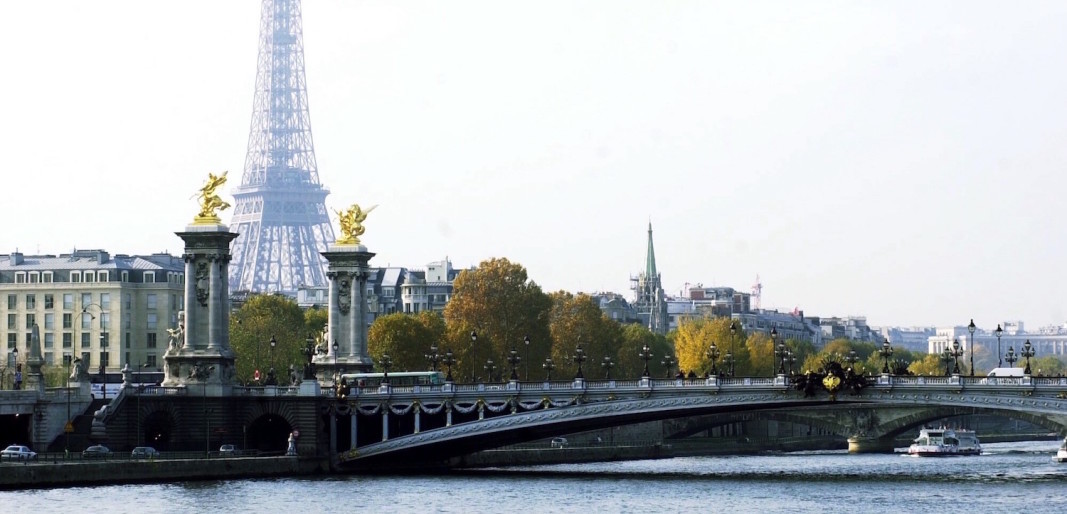 CityLab, the urban trends website from Atlantic Magazine, has a current post about the most affordable places to live in Europe. Less than 19 percent of Paris residents think affordable housing is easy to find … about the same percentage in London, Berlin, Hamburg, Vienna, Munich, Stockholm, and Oslo. The bottom line is, there are three categories of European cities: Cities like Paris where everyone wants to live; cities that are starting to get hot, such as Vienna, and undiscovered cities such as Sofia.
CityLab, the urban trends website from Atlantic Magazine, has a current post about the most affordable places to live in Europe. Less than 19 percent of Paris residents think affordable housing is easy to find … about the same percentage in London, Berlin, Hamburg, Vienna, Munich, Stockholm, and Oslo. The bottom line is, there are three categories of European cities: Cities like Paris where everyone wants to live; cities that are starting to get hot, such as Vienna, and undiscovered cities such as Sofia.
Paris is unique among all those cities in that it’s actually instituted new laws in an effort to stop rents from skyrocketing. And so far, CityLab reports, those laws have worked. According to data from Rent Observatory, 30 percent of the city’s new residential rental contracts signed in the year since the law took place were less than the previous contract for the same properties. Though you have to figure in the impact of terrorism and the sagging French economy overall.
Is Paris a bargain? It depends on who you are. For corporate nomads, yeah … they can find great apartments in leafy green arrondissements for 30 percent less than in London. For the rest of us, living in the center of Paris is probably still a fantasy.
Numbeo cost of living index (benchmark is London at 86.05) 83.61
Global Financial Centres Index: No. 32
Average monthly disposable salary (rent after tax) 2,157.39 euros
Beer: About 6 euros a bottle.
Meal for two at a nice restaurant: 50 euros
Rent for a 3-bedroom in the city center: 2,270.59 euros per month
Buying an apartment in the center of the city in per square meter: 9,431.91 euros
Co-CEO of Dispatches Europe. A former military reporter, I'm a serial expat who has lived in France, Turkey, Germany and the Netherlands.


